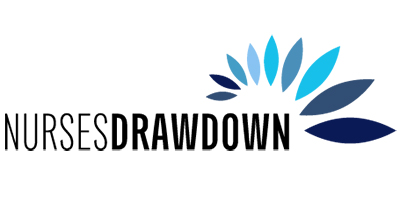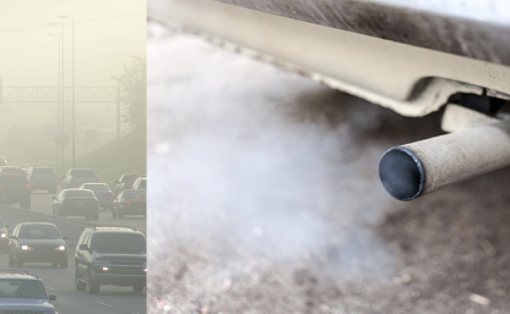
Nurses Drawdown is a collaborative project between the Alliance of Nurses for Healthy Environments and Project Drawdown. The Nurses Drawdown webinar series aims to draw attention to focal areas which have been identified as key settings where nurses can take and lead action to reduce carbon emissions. These areas include energy, food, mobility, gender equity and nature.
The first webinar in the series addressed the topic of food and the role of plant-based eating in improving both human health as well as addressing the climate crisis. The first speaker, Meg Adelman, compared the effects of diets high in animal proteins and processed foods with those of plant-based diets on the regulation of insulin, the gut microbiome and chronic health disorders. She presented evidence that a transition to plant-based eating would not only help address obesity, cardiovascular disease, diabetes, and cancer but also environmental health.
The link between sustainable diets and sustainable environments was re-emphasized in the next presentation by Dr. Stacen Keating. Dr. Keating addressed New York University’s commitments to reduce food related emissions, including the University’s association with the Cool Food Pledge. Dr. Keating concluded the presentation by summarizing how NYU is educating its students on climate health and sustainability.
The final presentation in this webinar was by Betsy Skoda, the regional program manager of Healthy Food in Health Care. The purpose of this presentation was to discuss the relationship between healthy foods and healthcare, specifically how hospitals can use their purchasing power to promote local and sustainable foods. This presentation also touched on strategies to reduce food waste while simultaneously reducing health disparities within the community.
The second webinar in the series addressed the topic of mobility and the creation of active and travel-friendly cities. The first speaker, Anna Fuhrmann, referred to her personal experiences and compared transportation in Germany to the Netherlands. Fuhrmann then spoke on the impacts of sustainable mobility on multiple key stakeholders, such as nurses, patients, and the climate. Fuhrmann provided several examples of what hospitals and healthcare systems are currently doing to promote sustainable mobility.
Dr. Courtney Schultz was the second speaker in this webinar. The purpose of her presentation was to discuss the ways through which public infrastructure can be used to promote active living. Dr. Schultz shared the results of a four year long studying examining “the impact of street-crossing infrastructure modifications on crossing behaviors and traffic patterns.” The study showed that while total pedestrian crossings did not significantly change across the four-year study period, the overall effects of the intervention included increasing pedestrian safety and decreasing local traffic volume and speed.
Ignacia González was the final speaker in this webinar. González is a nurse who works at Clinica Alemana and shared stories of how the hospital is promoting active travel amongst its staff. Clinica Alemanais uses social media and peer role models to build upon a cycling culture. Furthermore, the hospital subsidizes 15 busses that offers healthcare workers transportation to and from their homes.
The third webinar in the series focused on nature-based solutions and can be viewed here.
The fourth focused on energy and can be viewed here.
The next webinar is on gender equity and takes place on June 9th from 12pm to 1pm EDT. Register here or click the picture below.





